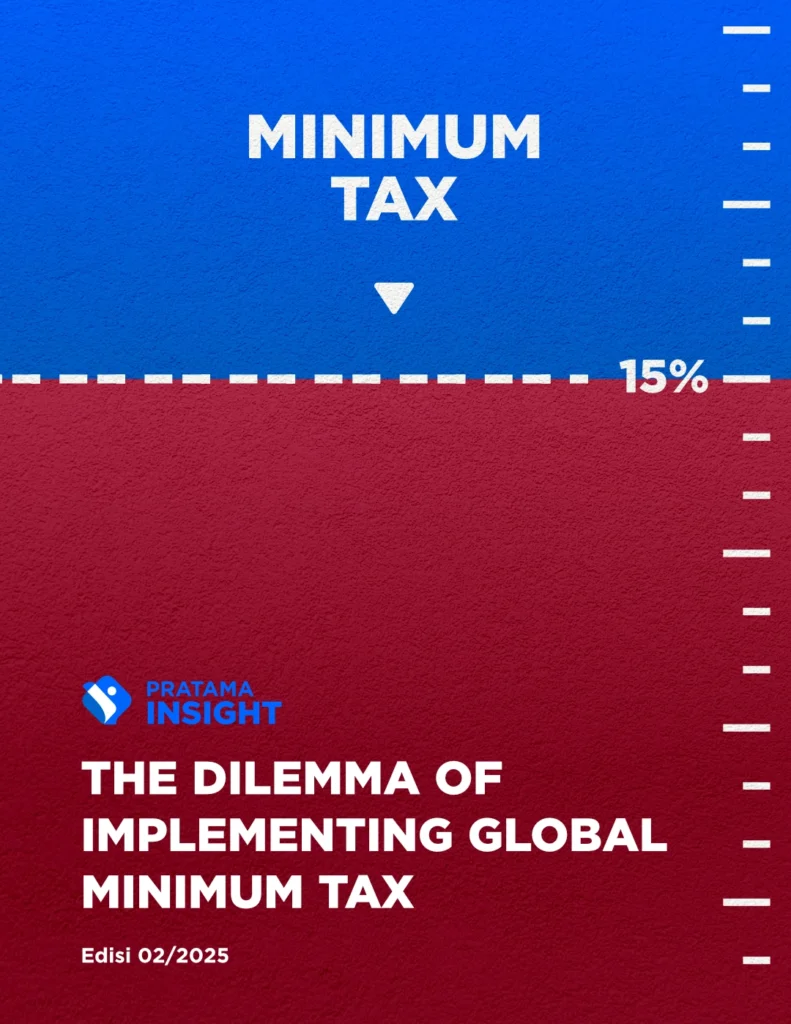| Download |
The main challenge in enforcing the Global Minimum Tax (GMT) lies in establishing a fair and universally applicable tax rate. While some countries, such as the United Kingdom, support a minimum tax rate of 15%, several European Union countries advocate for a higher rate of around 21%. Meanwhile, developing countries like India and South Africa have also proposed a higher minimum tax rate to maximize their national revenue.
The GMT policy plays a crucial role in international tax competition among countries with diverse economic characteristics. Implementing a global minimum tax rate significantly impacts tax haven countries, as it compels them to increase their tax rates to meet the global minimum threshold. Ultimately, this raises the tax burden for corporations that previously shifted profits to tax havens. Without initiatives like GMT, this could negatively affect the welfare of non-tax haven countries.
Given the various advantages and drawbacks of the GMT policy, we explore the dilemmas surrounding its implementation in this edition of Pratama Insight (02/2025). Happy reading!
Compiled by:
Pratama Institute for Fiscal Policy & Governance Studies
Editor-in-Chief:
Ismail Khozen
Writers:
Gustofan Mahmud
Ismail Khozen
Lambang Wiji Imantoro
Muhamad Akbar Aditama
Illustration & Layout:
Umar Hanif Al Faruqy
Published by
PT Pratama Indomitra Konsultan
Antam Office Park Tower B 8th floor Jl. TB Simatupang No. 1 Jakarta Selatan 12530 Indonesia
Telp: 62-21-2963.4945 (hunting), Faks: 62-21-2963.4946
E-mail: [email protected]
Website: www.pratamaindomitra.co.id









